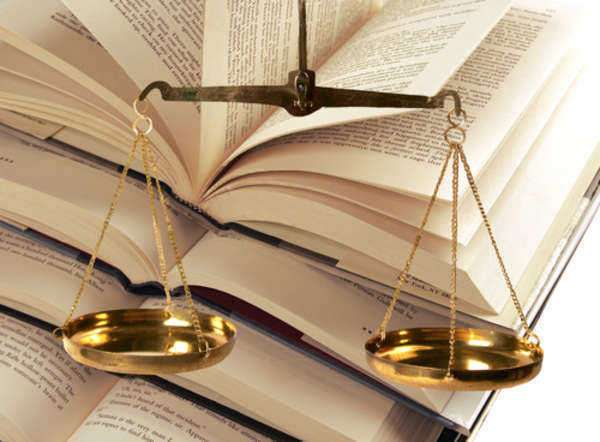
Introduction
Defamation law refers to the legal claims that protect individuals or businesses from false, harmful statements made against them. It is essential to understand defamation law since words have enormous power, and in some instances, they can cause irreparable damage. This article provides an in-depth analysis of defamation law, what it entails, and everything you need to know.
What is Defamation?
Defamation refers to the act of spreading or making false statements that harm the reputation or good standing of an individual, business, or organization. It can be either libel or slander. Libel refers to written defamatory statements, while slander refers to oral defamatory remarks.
Elements of Defamation
To win a defamation case, an injured party must prove the following four elements:
1. The defendant made a false statement:
2. The statement was published or communicated to a third party or more.
3. The statement identifies the plaintiff by their name, image, or profession.
4. The plaintiff suffered reputational harm, which can be in the form of financial losses, public humiliation, or emotional distress.
Types of Defamation
There are two main types of defamation; slander and libel.
Libel is a false statement that is written, printed, or published on the internet or any other medium. Examples include magazines, newspapers, and blog posts.
Slander, on the other hand, is a false statement that’s spoken out loud to a third party or more. Examples include verbal comments, speeches, or radio and television broadcasts.
Defenses Against Defamation
Several legal defenses can be used against defamation claims, including:
1. Truth: The statement made was accurate, and the plaintiff has not suffered any harm.
2. Privilege: The statement was made in a legal proceeding, including court proceedings.
3. Opinion: The statement made is not factual but rather the speaker’s opinion.
4. Consent: The plaintiff permitted the defendant to make the statement.
Potential Penalties for Defamation
If the plaintiff wins a defamation case, the defendant may be ordered to pay financial compensation (damages) for the harm caused. Damages can include paying for any losses the victim may have suffered and also include punitive damages meant to punish the defendant.
Conclusion
Defamation law is a critical element in protecting an individual, business, or entity’s reputation. It is essential to understand what defamation entails, the different types, and the potential legal consequences. Being aware of the elements of defamation, defenses against it, and potential penalties can help avoid spreading false or harmful information, which can have far-reaching and long-lasting consequences on individuals and business. If you are affected by defamation, consider seeking legal advice from an experienced attorney.
Defamation laws pertain to any act of defamatory action, which can be defined as words, sentiments, or statement spoken with regard to an individual or entity that may paint them in a negative light. Defamation can result in damage to the livelihood, enterprise, or reputation of the individual or commercial entity in question; the following are some terms that are covered under defamation laws:
Libel
Libel is an example of an allegedly defamatory statement that has been expressed in print – or an additionally-publishable medium.
Slander
Slander is an example of an allegedly defamatory statement that has been expressed verbally, such as on a broadcasted interview, media program, or before a public audience; slander – like libel – can be called into question due to an alleged lack of factual basis, validity, and substantial ground.
False Light
Projecting an event or person in false light is an example of a violation of defamation laws; an individual found guilty for doing so has willfully portrayed skewed or false facts in order to cause damage to a person, business, or entity.




































